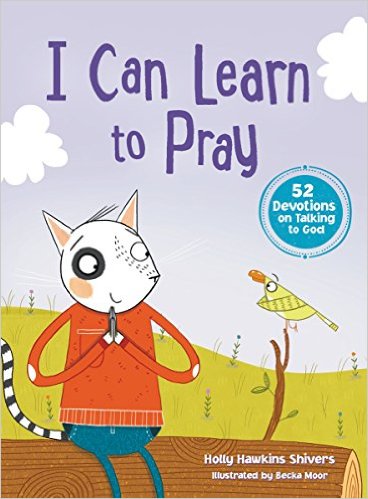Three years ago, my father-in-law David died. I still feel sad when I look at his seat at the table (my son sits there now, perhaps trying to fill his beloved Poppa’s shoes). Losing David taught me a lot about grieving and supporting those who grieve. I’ve also talked to and listened to those who’ve experienced greater griefs than mine. Here’s what I’ve learned.
Grieving.
- I was surprised to discover that grief is exhausting. The week after David died was as draining as the week after a baby has been born, a week with the flu, or a week of sleep deprivation. No doubt a spouse’s or child’s death, or an unexpected loss, would be unimaginably more debilitating.
- Be wise and take time off. My very sensible brother-in-law took a week’s break from work to reflect and recover. (But others may cope better if they keep on with normal life.)
- During the first weeks, do only what needs to be done. If the people in your house have food to eat and clothes to wear, the rest can wait.
- Accept every offer of help. If no one offers, ask. Even if you feel okay one day, you may not the next. Don’t be proud. If someone offers to clean your house, let them. You can’t do this alone.
- Give those close to you time and space to grieve, and allow them to grieve in their own way. I asked my mother to look after our children for a weekend to give my husband a chance to recover.
- Remember that everyone grieves differently. You may want to talk or sit quietly, to be alone or with others. You may feel nothing, or intense sorrow, and that’s okay. Remember that grief takes time (in many ways, it takes a lifetime) and goes through different stages.
- Don’t forget the comfort of God’s Word. I felt completely numb towards God for a while, until 1 Pet 1:3-9 popped into my head. When you’re too discouraged to speak words of encouragement to yourself, allow God’s Word to speak them to you.
Supporting those who grieve.
- Approach the one who’s grieving and say something. Don’t worry about saying the wrong thing. Silence is worse than awkward words. Acknowledge what happened, tell them you’re sorry, and talk about something you appreciated about the one they’ve lost. Ask how they’re doing. Don’t pressure them to talk, but listen if they want to. Let them cry.
- Don’t ask “How can I help?” It’s likely they’ll refuse or feel overwhelmed by the need to make a decision. Take the initiative. Make a meal and bring it over, do some washing or gardening, or look after the children.
- Send a letter or card. These are incredibly precious! It’s probably better than a phone call: they’re getting far too many difficult phone calls right now. When you write, share your sympathy and memories of the one they’ve lost, write out a Bible verse, and tell them you’re praying for them (and do it!).
- Go to the funeral. It means an immense amount having people there! On the anniversary of the loss, write a card and call or visit if you know the one who’s grieving well.
- Keep talking about the person who’s gone, even years later. It’s hard when you’re still grieving, but everyone around you seems to have forgotten. This is perhaps especially important when someone has had a miscarriage or lost a baby or child, because few are willing to talk about it.
- Pray and read the Bible with the person who’s grieving. In this way, you can give them God’s comfort when they struggle to find it for themselves. Remember that grief is long-term: continue to encourage and pray for them during the years ahead.
Please add your own suggestions to the comments!
About Jean
Jean lives in Melbourne, Australia, where her husband teaches the Bible to university students. They have four children: one girl and three boys. When Jean isn’t busy being a wife, mum and homemaker, she loves teaching women the Bible and encouraging them to grow in godly womanhood. She speaks at women’s retreats and conferences, and writes for her blog, in all honesty, and for the Christian magazine The Briefing and their blog Sola Panel. Every day, God grows her deeper into his grace.
- Web |
- More Posts(4)





